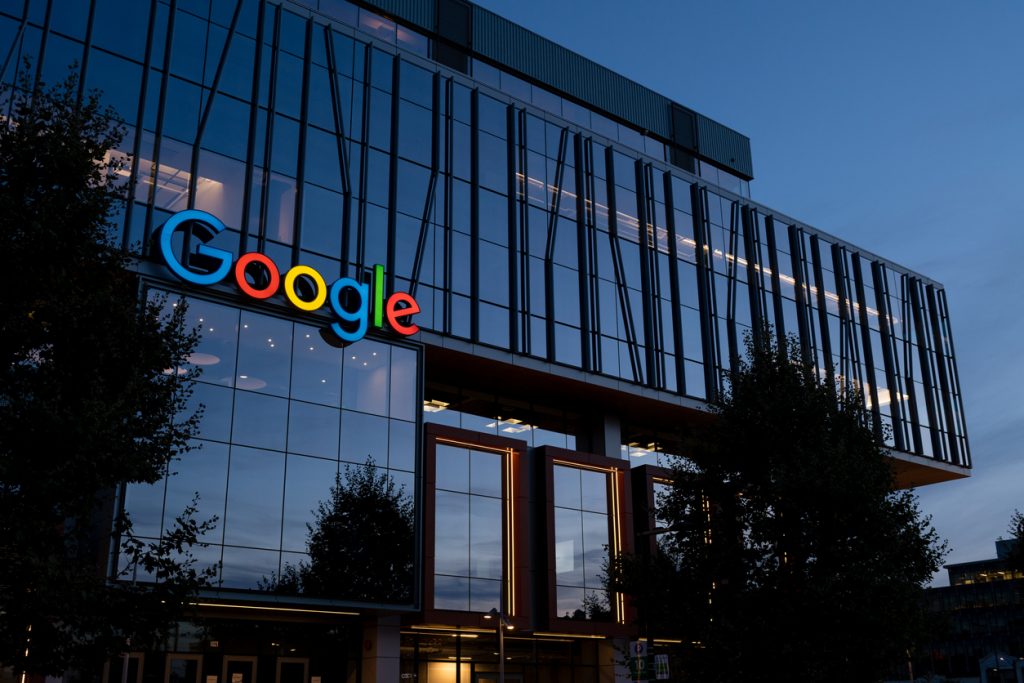The fact that government agencies have begun at the highest level to resolve issues related to the monopolization of digital giants is a good signal to the global IT community. Approaches to regulating the digital economy are being updated to prioritize consumer interests (an interesting example is Apple's 12 headphones in France) and fair competition.
In Europe, the United States and Russia, the degree of dissatisfaction with the actions of tech giants can be the same. However, the regulatory measures are different. What to do with Yandex's monopoly? Now the decision is up to the FAS.

However, let's face it: the competition between IT giants is a rather arbitrary thing, we can see it already now. Attempts to gnaw off pieces of business from each other can be conditionally considered a market, although, rather, it resembles a positional exchange of pawns in a chess game without winning an exchange. But there is also a worse scenario: choice without choice. Probably, this is not bad from a business point of view: wherever the client carries his money, they will still end up in one wallet. It is obvious that in this case the interests of the consumer suffer. And the interests of the state, which, instead of a healthy competitive environment and technological breakthroughs, can get a stagnant swamp. Many no longer remember that a similar period in the economy has already been and that it has not ended well.
In Russia, the situation with the Internet search market is developing in the same way as abroad. We have our own search engine number one - Yandex. Its share is estimated at 60% , another 35% - at Google. And Yandex has been promoting its own services for several years, manipulating search results and harming competition in the digital environment, no worse than its American counterpart.
It is understandable that the search service uses its own platform to promote its other products and services. However, promotion methods raise questions from the IT community. In the comments to the publication "Slowly but surely: the secret influence of Yandex on the Runet"an opinion was formed, which was shared by the majority of the participants in that discussion - a search engine, with the help of such a simple manipulation as "sorcerers", replaces the services of competitors with its services, forcing them to pay for advertising on the search platform itself.
It should be understood that modern Yandex is no longer just a search engine, it is a player in a different league. He created a market, and in this market there must be general rules. After all, isn't that what the Russian IT giant demanded from Google - right here on Habré ? And why not apply these requirements to yourself?
It is impossible to belittle the importance of Yandex in the formation of the Russian IT industry. But there is an opinion that the current strategy of the company may bury the industry. Smaller players have little choice: spend frenzied resources fighting the absolute leader, close down or sell their business to Yandex. Now in Russia there are no such large purely technological companies that would not grow on the basis of bank capital or the infrastructure of telecom operators. IT startups can no longer conquer a significant market share; for this they need to merge with large players.
To create an online service often does not need a lot of money, especially now, when a variety of resources and technologies are available. However, the task of getting your message across to potential users can bury a great idea. It is necessary to invest, invest and invest in promotion, spend money on advertising in Google and Facebook, and in Russia also in Yandex.
Tech giants control and block key parts of the Internet infrastructure, thereby blocking the path to the market for start-up companies, as well as dispose of traffic in search engines at their discretion. What is the probability for Pug to overcome the elephant?
In a number of cases, IT giants are punished for this behavior. So, for example, in 2017 the European Commission finedGoogle for the priority promotion of its own Google Shopping service in its search engine. Please note that in the Google case, it was about the exclusive promotion of only one service, while Yandex uses "wizards" to promote many of its services in a format that is inaccessible to other market participants.
For example, on the query “watch an action movie online”, the Yandex search engine always gives priority to its “KinoPoisk” service, shifting down other search results. The “sorcerers” work similarly for other markets. So, giving out search results for the query "buy a car", "sorcerers" promote the service auto.ru, affiliated with Yandex. In search of services Yandex.Services, in the segment of geographic queries, Yandex.Maps are promoted.

For example, here "sorcerer" is used twice: before and after the advertisement. That is, even advertising promotion does not allow you to be more noticeable compared to the interactive "sorcerer". The first organic search result, which means more relevant to the user's request, is in 4th place. On smartphones - on the second screen.

Thus, in contrast to the “Google case” of 2017, where it was only about one service, restrictions on competition and losses for business in the Russian market are definitely larger and more dangerous than the actions of Google in Europe.
Russia already has a landmark precedent eight IT companies that call themselves "IT Coalition" askedto the FAS with a request to stop the abuse of Yandex's dominant position in the advertising market, which essentially eliminates competition between Yandex services and independent companies. After all, this is what regulators are for, to prevent market monopoly and abuse.
Now it is still possible to take some measures at the level of legislative regulation, but two more years and it will be too late: having killed the internal competition in the IT-technologies market, we will have to forget about competition in the global market.